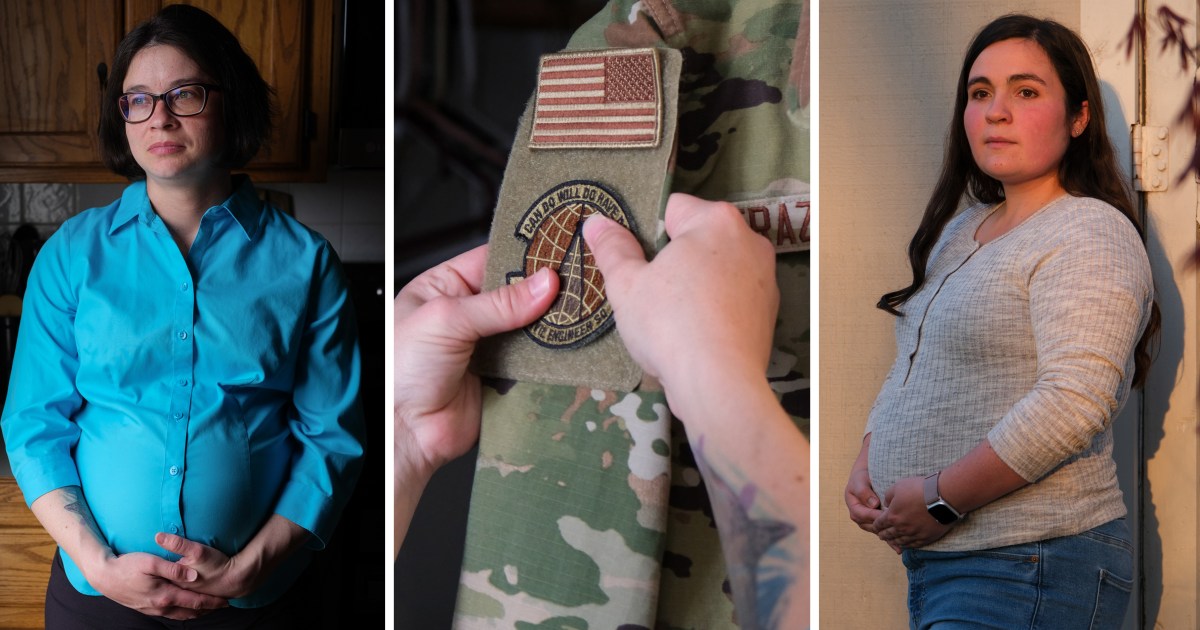
The Navy veteran from Indiana who found out that Tricare had dropped her after she gave birth had no problem enrolling last year in the maternity program run by Humana. In an email reviewed by NBC News, a case manager welcomed her to the program in September, when she was six months pregnant. She delivered the baby on Christmas Eve.
The health care was a bright spot in an otherwise troubling end to her service. She had retired from the military in 2017 because of post-traumatic stress disorder, developed after she said she was raped by another sailor. Her certificate of release from active duty, which NBC News reviewed, shows she was honorably separated under disability retirement — so she was eligible for Tricare.
“The one consolation I had walking away was at least I have my health care so I can start over,” the woman said. NBC News is withholding her name because she said she was a victim of sexual assault. “I feel robbed.”
In January, when she went to a local military office with her marriage certificate, separation papers and her baby’s birth certificate to add her newborn daughter as a dependent, she said she was told she was no longer eligible for insurance, over what she believes was a recordkeeping mistake.
She insisted she should get health care coverage; she had a letter from the Department of Veterans Affairs, which NBC News reviewed, confirming she had a permanent disability connected with her military service.
Soon after, she said she got a call canceling her six-week postpartum appointment because the doctor’s office had been notified that she was uninsured.
She also had to cancel her mental health appointments to treat her postpartum depression and anxiety and begin to ration the medication she had left. She got what she thought was norovirus — vomiting, chills and fatigue — but didn’t see a doctor.
And she struggled with breastfeeding, as many new mothers do. Under Tricare she would have had access to breastfeeding counseling and a dozen other postpartum services.
“I feel like I have failed her,” she said of her baby girl. “This anxiety is worse than it had to be. It’s constant.”
Amid all this, Tricare sent a series of letters, which NBC News reviewed, requesting more than $15,700 in refunds from her medical providers for 66 claims from February 2024 until after she gave birth.
The letters said the providers were responsible for repaying Tricare, and “should there be a need for the beneficiary to make a payment, you will be contacted directly by your provider.” She’s waiting to hear if she’ll need to pay.
In its statement to NBC News, the Defense Health Agency suggested the veteran reach out to customer service.
But she’s long past that. She cobbled together temporary insurance for her baby under a separate Veterans Affairs program, and her husband’s regular enrollment period opened recently, allowing them all to get coverage under his civilian job. The benefits kicked in on April 1.
The first thing she did was book appointments: one for her baby’s four-month check-up, one to see about the painful lumps at her incision site, and another to address her deteriorating mental health.

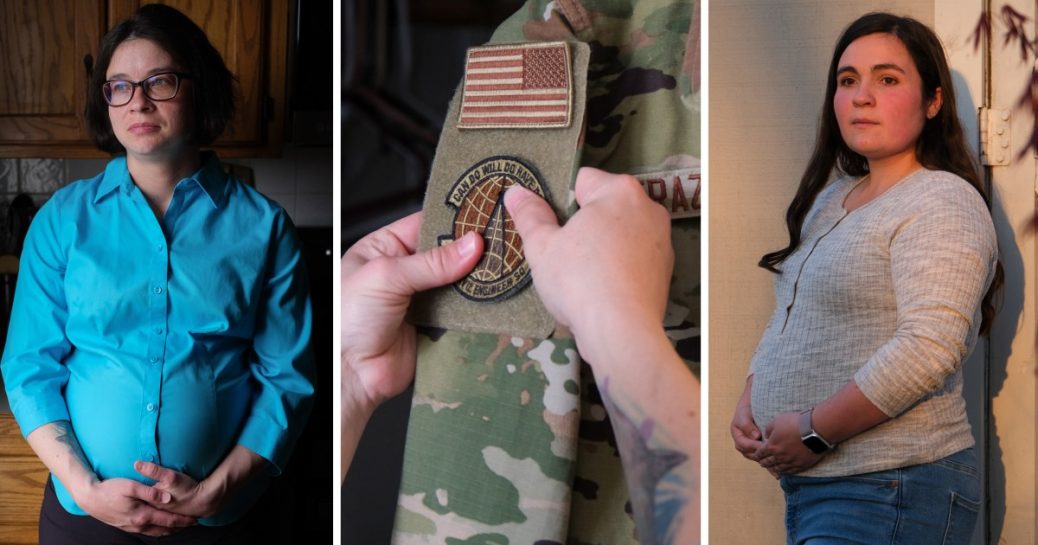
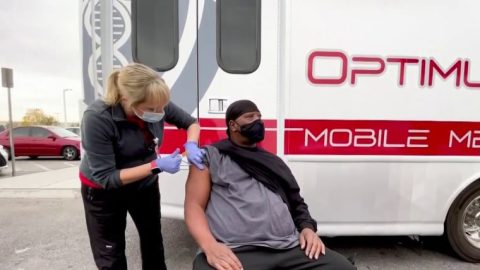
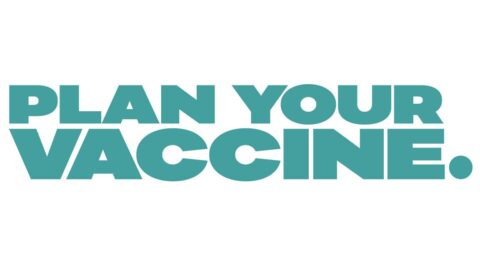
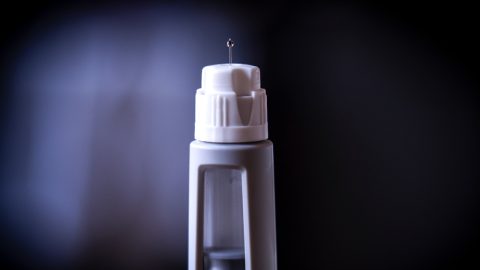




Recent Comments